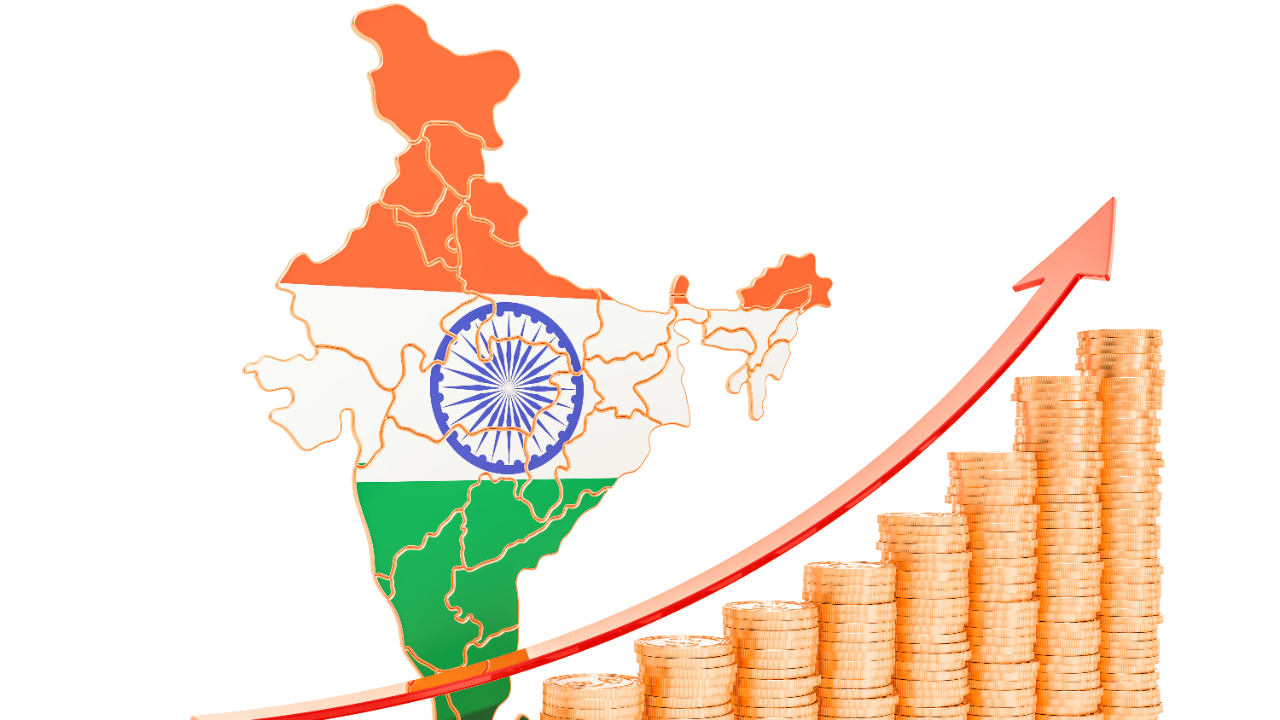In line with RBI’s projection but below the mainstream opinion of experts, GDP for the third quarter (October-December) of 2022-23 was Rs 40.19 lakh crore, up by 4.4%. Even if GDP revisions for the prior quarter and fiscal year are ignored, data from the third quarter still offers alarming signals about the rate at which the economy is losing steam. In the face of rising interest rates, the positive effects of a return to normalcy in the economy have had a chilling effect on private consumption. In addition, against the backdrop of a worldwide economic recession, manufacturing has decreased for the second consecutive quarter.

In the third quarter, private consumption spending increased by 2.1% to Rs 24.77 lakh crore. When compared to the prior quarter (July-September), this one saw growth of about 9%. There are two reasons why this slowing matters. Around 60% of GDP comes from private consumption. That’s why a rising middle class is a magnet for private investment. As a result, the most concerning component of GDP data is the sequential deceleration in consumption growth. Manufacturing output decreased by 1.1% to Rs 6.14 lakh crore as a result of a worldwide economic problem, which in turn dampened domestic spending.
Post-pandemic, the ratio of government debt to GDP surpassed 80%, necessitating fiscal tightening to accompany monetary tightening that had been underway since May 2022. Consolidating government spending is necessary for long-term economic health. Consolidation is a key component to improving economic performance, but when and how quickly it occurs makes a big difference.

In the third quarter, the government’s spending on consumption fell by 0.9%, totaling Rs 3.47 lakh crore. To ensure that the rate of fiscal consolidation is commensurate with the robustness of private consumption, the federal government and individual states may want to reevaluate the situation.
India’s rabi harvest is threatened for the second year in a row by an unusually early surge in temperature, therefore the timing of fiscal consolidation will become more important in April. The world economy as a whole has been hit hard by the conflict between Russia and Ukraine; as a result, both fiscal and monetary policy need to adapt to the new circumstances.

